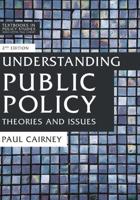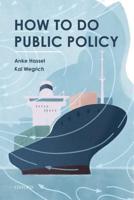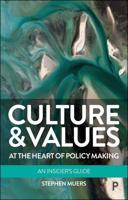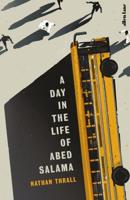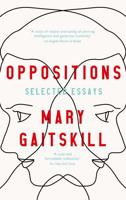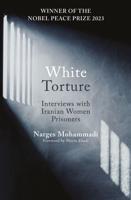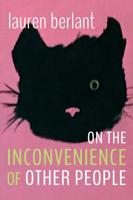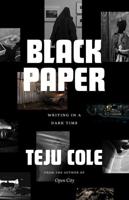Publisher's Synopsis
Today's intelligence community faces challenges that would have been inconceivable only a dozen years ago. Just as al-Qaeda's destruction of the Twin Towers heralded a revolution in global diplomacy, the events of 9/11 also threw two centuries of spy-craft into turmoil - because this new enemy could not be bought. Gone were the sleepers and moles whose trade in secrets had sustained intelligence agencies in both peacetime and war. A new method of intelligence had been born. The award-winning former Financial Times security correspondent Mark Huband here takes us deep inside this new unseen world of spies and intelligence. With privileged access to intelligence officers from Rome to Kabul and from Khartoum to Guantanamo Bay, he reveals how spies created secret channels to the IRA, deceived Iran's terrorist allies, frequently attempted to infiltrate al-Qaeda, and forced Libya to abandon its nuclear weapons.
Using accounts from ex-KGB officers, Huband vividly describes the devastation caused by the West's misreading of Soviet intentions in Africa, and explains how ill-prepared western intelligence agencies were when the Cold War was replaced by the perception of a new terrorist threat. Benefiting from privileged access to intelligence sources across the world, Trading Secrets provides a unique and controversial assessment of the catastrophic failure of spies to grasp the realities of the Taliban's grip on Afghanistan, and draws upon exclusive interviews with serving officers in assessing the ability of the major intelligence agencies to combat the threat of twenty-first century terrorism.






